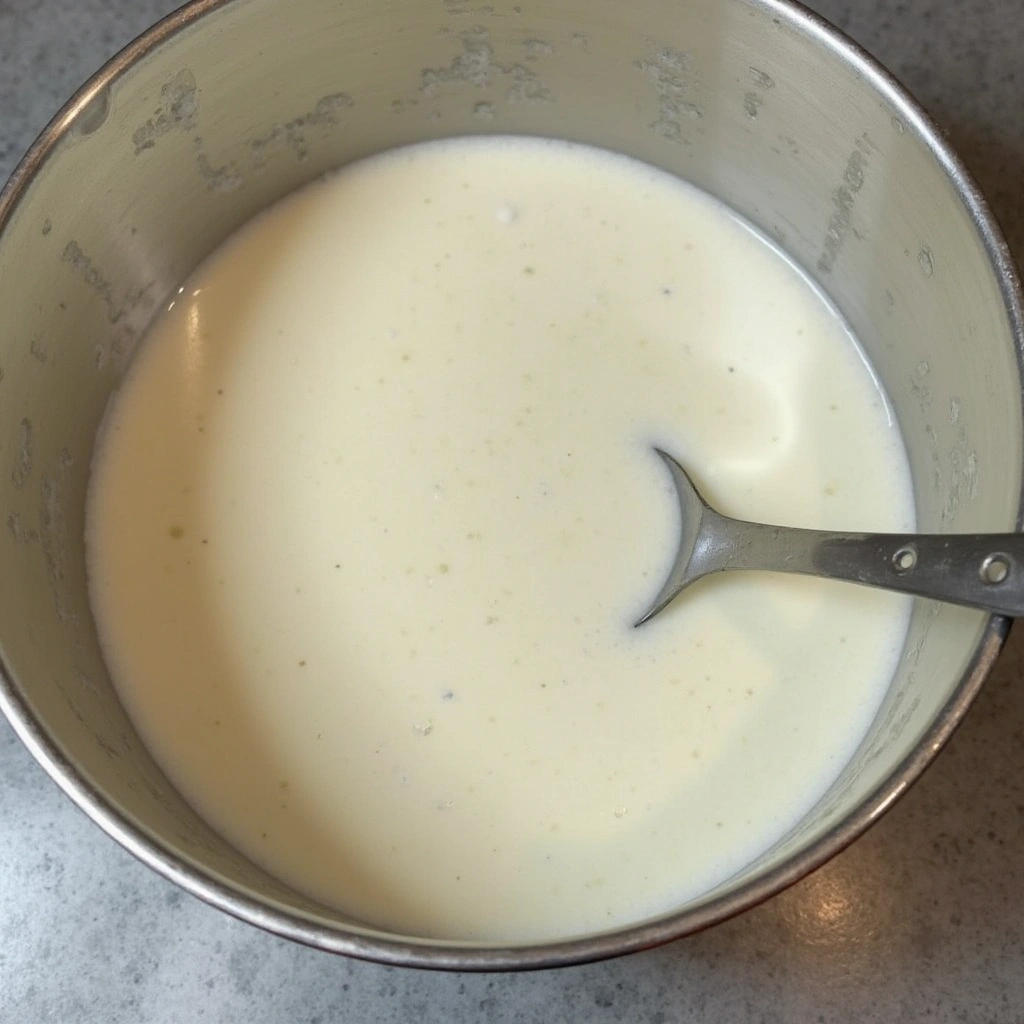Kefir, the probiotic-rich fermented drink, has taken the health and wellness world by storm. Its versatility makes it a staple in smoothies, recipes, and even baking. However, not all pairings with kefir are beneficial. Some combinations can destabilize its probiotics, alter its taste, or reduce its nutritional value. This in-depth guide explores what not to mix with kefir, ensuring you maximize its benefits while avoiding common mistakes.
Why Certain Ingredients Don’t Pair Well with Kefir : Incompatible kefir combinations
The Science of Kefir’s Probiotic Power
Kefir is teeming with live cultures—probiotics and beneficial yeasts—that thrive in a balanced environment. These microorganisms contribute to kefir’s health benefits, including improved digestion and gut health. However, certain substances can:
- Neutralize its probiotics
- Alter its pH balance
- Result in unappetizing flavors or textures
Kefir’s Role in Digestive Health
The acidity and live cultures in kefir make it a functional food for gut health. However, overloading it with incompatible ingredients can diminish its effectiveness. To better understand kefir’s unique properties, explore What Does Kefir Do in Baking? A Guide to Its Uses and Benefits.
Foods and Substances to Avoid Mixing with Kefir: What Not to Mix with Kefir
1. Highly Acidic Ingredients
- Examples: Vinegar, lemon juice, lime juice, grapefruit juice
- Why Avoid? Kefir is already acidic. Adding more acidity can destabilize its probiotics, resulting in a sharp, unpleasant taste.
2. Artificial Sweeteners
- Examples: Aspartame, sucralose, saccharin
- Why Avoid? Artificial sweeteners can disrupt kefir’s fermentation process, potentially negating its probiotic benefits.
3. Excessive Sugar
- Examples: Processed syrups, candies, sugar-laden desserts
- Why Avoid? Too much sugar can accelerate kefir’s natural fermentation, making it overly sour or fizzy.
4. Carbonated Beverages
- Examples: Sodas, sparkling water
- Why Avoid? The carbonation in these drinks can interfere with kefir’s texture, leading to unwanted separation or frothiness.
5. Caffeine and Tannins
- Examples: Coffee, black tea, green tea
- Why Avoid? Tannins and caffeine inhibit nutrient absorption, reducing kefir’s effectiveness as a probiotic powerhouse.
6. Certain Fruits and Vegetables
- Fruits to Avoid: Pineapple, kiwi, and other highly acidic fruits
- Vegetables to Avoid: Garlic, onions (strong flavors overpower kefir)
- Why Avoid? These ingredients can clash with kefir’s taste and digestive benefits.
7. Alcohol
- Why Avoid? Alcohol can kill the live cultures in kefir, negating its probiotic properties.
8. Medications and Supplements
- Examples: Antibiotics, iron supplements
- Why Avoid? Kefir can interact with medications, affecting their absorption and efficacy.
For more on substitutions and kefir’s versatility, check out Can I Use Kefir Instead of Yogurt in Cake?.
How to Pair Kefir with the Right Foods
Ideal Pairings
- Fruits: Mild, low-acidity fruits like bananas, berries, and apples work best.
- Grains: Oats, chia seeds, and granola are excellent for kefir-based breakfast bowls or smoothies.
- Natural Sweeteners: Honey and maple syrup enhance flavor without disrupting kefir’s probiotics.
Tips for Maximizing Kefir’s Benefits
- Drink kefir on an empty stomach to improve absorption of its probiotics.
- Avoid mixing it with heavy or processed foods to maintain its nutritional balance.
Recipes to Highlight Safe Kefir Pairings
1. Berry Kefir Smoothie
- Ingredients: Kefir, blueberries, honey, chia seeds
- Why It Works: The mild sweetness of berries complements kefir’s tang, while chia seeds add texture and nutrients.
2. Kefir Overnight Oats
- Ingredients: Kefir, rolled oats, sliced bananas, almond butter
- Why It Works: Kefir soaks into the oats, creating a creamy breakfast dish rich in probiotics and fiber.
3. Herb-Infused Kefir Dressing
- Ingredients: Kefir, dill, parsley, garlic powder, olive oil
- Why It Works: Mild herbs balance kefir’s tanginess, making it an ideal salad dressing or dip.
For more creative uses of kefir in cooking, explore The Guide to Baking Kefir Sheet Cake.
Frequently Asked Questions (FAQs)
1. Can Kefir Be Mixed with Coffee?
No, mixing kefir with coffee is not recommended. The caffeine and tannins in coffee can inhibit nutrient absorption and clash with kefir’s flavor.
2. Is It Safe to Pair Kefir with Juice?
It depends on the juice. Avoid highly acidic juices like orange or grapefruit. Stick to mild options like apple or pear juice.
3. What Happens If Kefir Is Mixed with Alcohol?
Alcohol negates kefir’s probiotic benefits and may kill the live cultures, making the combination counterproductive.
4. Does Mixing Kefir with Sugar Cause Problems?
Excessive sugar accelerates fermentation, potentially altering the texture and taste of kefir. Use natural sweeteners in moderation.
5. Can Kefir and Medications Be Taken Together?
Certain medications, like antibiotics, can interact with kefir, reducing its efficacy. Consume kefir a few hours before or after taking medication.
For troubleshooting kefir-related issues, read Why Banana Bread Sometimes Doesn’t Cook Evenly.
Troubleshooting Common Kefir Pairing Issues:What Not to Mix with Kefir
Problem: Kefir Tastes Bitter After Mixing
Cause: High-acidity ingredients destabilizing kefir’s probiotics.
Solution: Avoid adding vinegar or citrus juices.
Problem: Kefir Becomes Overly Fizzy
Cause: Excess sugar or fermentation time.
Solution: Use minimal sugar and refrigerate kefir to slow fermentation.
Problem: Kefir’s Probiotic Effects Seem Reduced
Cause: Mixing kefir with alcohol, coffee, or medications.
Solution: Pair kefir with mild, natural foods to maintain its probiotic potency.
Internal Linking Opportunities
Enhance the reader experience with these related articles:
- What Does Kefir Do in Baking? A Guide to Its Uses and Benefits: Learn how kefir transforms recipes and boosts baked goods.
- Can I Use Kefir Instead of Yogurt in Cake?: Discover kefir’s versatility as a yogurt substitute.
- The Secret Ingredient to Keep Cookies Soft: Explore tips for maintaining texture in desserts.
Conclusion
Kefir is a versatile and nutritious addition to any diet, but knowing what not to mix with kefir ensures you enjoy its benefits without compromising its quality. Avoid highly acidic ingredients, artificial sweeteners, and alcohol to preserve its probiotics. Instead, pair kefir with mild fruits, grains, and natural sweeteners for a balanced and flavorful experience. Experiment with thoughtful combinations and let kefir shine as a powerhouse of nutrition and taste!

